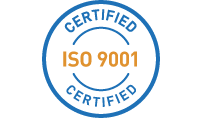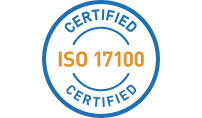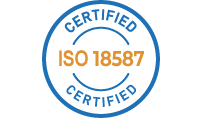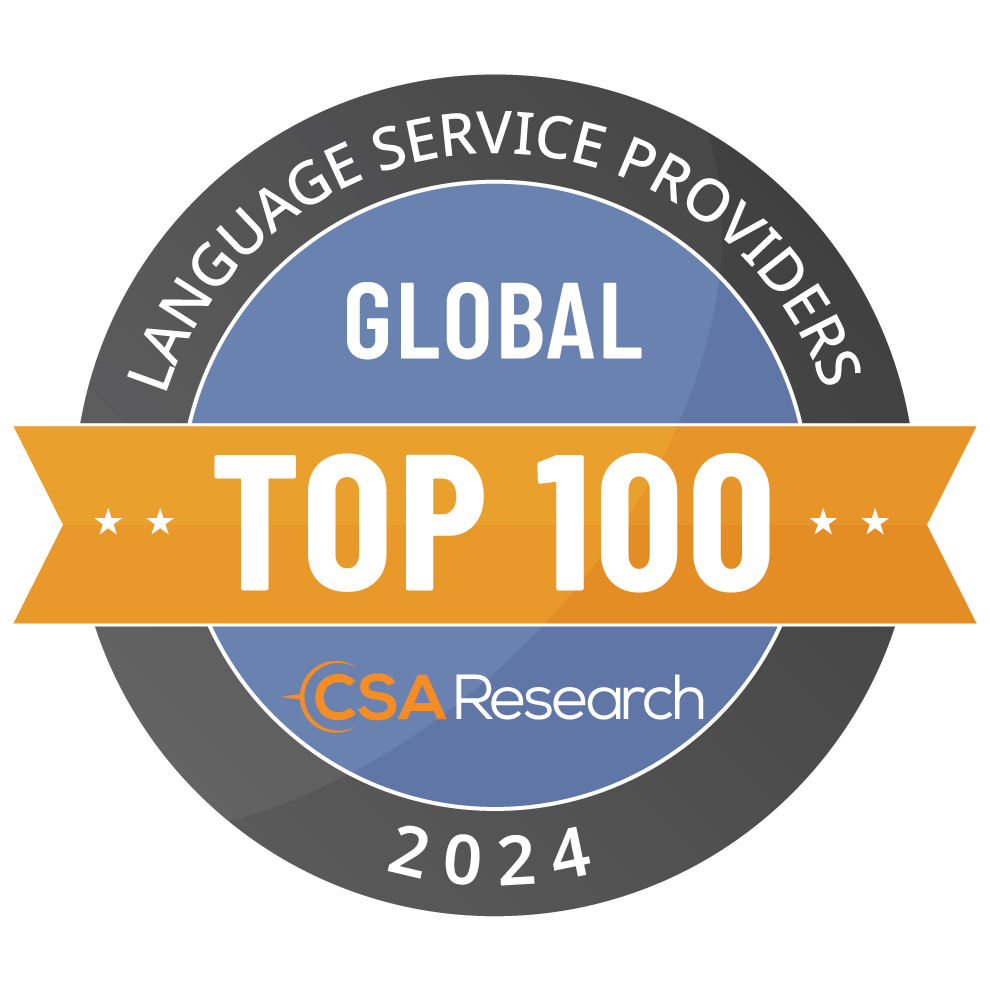
What is Global SEO?
Global SEO, aka International SEO, aims to optimize a website’s visibility and page ranking in search engine results pages (SERPs) for international audiences. It affects the website’s content, structure, and technical aspects, making it more appealing and relevant to users and search engines in different countries and other languages. The ultimate objective of a Global SEO strategy is to attract more and better organic traffic to the website consistently with each page’s main goal: increase brand awareness, drive more conversions, or generate more leads. This optimization involves a range of strategies and tactics, including keyword research, website localization, technical optimization, and link building. Therefore, adopting an SEO worldwide approach is essential to any business targeting international audiences and markets.
Why is a Global SEO strategy important?
Global SEO is essential to any international business for several reasons:
- Reach multiple local audiences: With the internet breaking down geographical barriers, businesses can reach even distant and diverse audiences. Global SEO helps businesses to target potential customers regardless of their country and language, thus expanding their reach and increasing visibility.
- Increase brand awareness: By optimizing their website for international audiences, businesses can improve their brand awareness in multiple markets, making it easier for potential customers worldwide to find them online.
- Boost website traffic: By targeting international keywords and optimizing their website for each local audience and language, businesses attract more organic traffic worldwide.
- Gain a competitive advantage: With more businesses targeting global audiences, companies need to stand out from the crowd. International SEO can help businesses gain a competitive advantage by positioning their pages ahead of their competitors on search engine results.
- Build trust and credibility: Businesses can build trust and credibility with potential customers worldwide by providing localized content and optimizing their websites for each local audience. Over time, this strategy will establish a solid online presence, improve brand reputation, and ultimately increase customer loyalty and retention.
In summary, Global SEO is important for businesses operating in global markets as it helps to expand their reach, increase brand awareness, boost website traffic, gain a competitive advantage, and build trust and credibility with potential customers.
How to Structure a multilingual website?
A company’s website must adopt specific technical solutions to offer multiple versions of a website to audiences speaking various languages and geographically distributed. Some of the most common options available to multilingual websites include:
- Global Domain with Subdirectories (gTLD): This approach involves having a single domain name for the website and creating a unique subdirectory for each language. For example, the English version of the website would be located at “www.example.com/en/,” while the Spanish version would be at “www.example.com/es/.” This structure is simple to set up and maintain and can help consolidate domain authority across all languages.
- Global Domain with Subdomains (gTLD): This solution requires creating separate subdomains for each language, such as “en.example.com” for English and “es.example.com” for Spanish. It is the easiest way to create a distinct URL for each language, which can help with geo-targeting and tracking metrics for each language version. In some cases, the distinction between language and country could be ambiguous.
- Country-Code Top-Level Domains (ccTLD): This structure involves creating separate top-level domains for each language version of the website, such as “example.com” for English and “example.es” for Spanish. This approach can improve local search engine rankings but is way more complex to implement and can face some complex local regulations.
- Global Domain with URL Parameter: This structure involves serving the same URL to all users but dynamically adding a simple parameter to the URL, such as “example.com?lang=EN” for English and “example.com?lang=ES” for Spanish. Google doesn’t recommend this option anymore.
In summary, a multilingual website can have different technical structures. Each structure has its benefits and challenges, and the choice depends on the website’s and business’s specific needs and goals.
How to select the best keywords for Global SEO?
Keyword research for Global SEO identifies the terms and phrases potential customers use to search for products or services in different countries and languages. The main steps for conducting keyword research for Global SEO are:
- Identify target countries and languages: The first step is identifying the websites’ target countries and languages.
- Translate seed keywords: Translate the core keywords into the languages of the target countries to discover new keywords and phrases that your audience may use in their searches.
- Find and prioritize new keywords: Starting from the seed keywords, identify and filter your target audience’s most relevant keywords and phrases by leveraging some of the available online marketing tools. Filter and prioritize keywords based on search volume, competition, and related terms.
- Analyze competitor keywords: Analyze the keywords and phrases your competitors use in their content and meta tags to understand the terms they are targeting and the search intent of their audience.
Following these steps, businesses can identify keywords and phrases to optimize their website and content for global audiences.
What are the differences between Local SEO and Global SEO?
Local SEO and International SEO are two approaches to optimizing websites for search engines. While Local SEO focuses on targeting a specific geographic location and language, International SEO requires addressing language and cultural differences while staying consistent with the brand values, tone of voice, and business goals.
How important are Local Search Engines for Global SEO?
When performing a Global SEO, it is essential to consider two types of search engines:
- Global Search Engines: When optimizing a set of pages, we should not limit our tests to Google. We should always include all the most popular search engines in the local country we are targeting. While all search engines share the same principles, there are subtle differences that can help maximize our investment’s impact. For example, when targeting Asian countries like China, Japan, or Taiwan, we can’t ignore a popular search engine like Baidu.
- Geographic Search Engines: If a company has physical locations, it is essential to consider geographic search engines to connect its stores with the territory where it operates. Ranking high on geographic engines can bring more local visitors to the stores. For example, the most effective geographic search engines in the US are Google Maps, Yelp, and Bing Maps. Establishing a presence on these search engines with our business can help users find us, our services, and our products within a specific local area.
What are the KPIs measuring the Success of Global SEO?
Global SEO, like Local SEO, can not be done in a vacuum. To succeed, Global SEO must consider each page’s primary business goals and specific objectives. Therefore, we do not believe in creating a single set of KPIs for everybody to measure the success of a page. Before measuring the success of a Global SEO, we need to agree on the goals the webpage wants to achieve. For example, the specific objective for a page could be to increase awareness (measured by the number of people and the engagement rate), Lead Generation (measured in the number and quality of the leads), or Conversion (measured by the Conversion Rate, Number and average value of orders). Regardless of your goals, by monitoring the right KPIs, businesses can determine the effectiveness of their Global SEO efforts and make data-driven decisions to optimize their strategies over time.
How can MediaLocate help you?
Everybody agrees that international SEO is important for businesses targeting global markets, and investing in it is a strategic decision no company can afford to postpone anymore. Therefore, selecting a reliable and competent partner that can guide you through the intricacy of this process and deliver measurable results is essential. At MediaLocate, we have been helping companies to go global since the beginning, and we know how to approach a Global SEO. We have the skills and the knowledge to help you. So contact us. Our team can help you achieve your global objectives.











